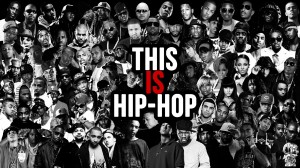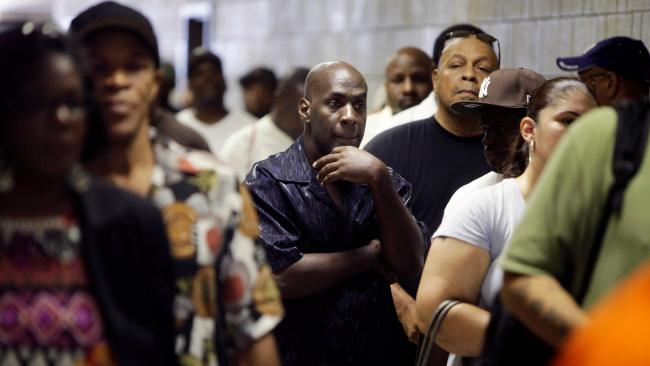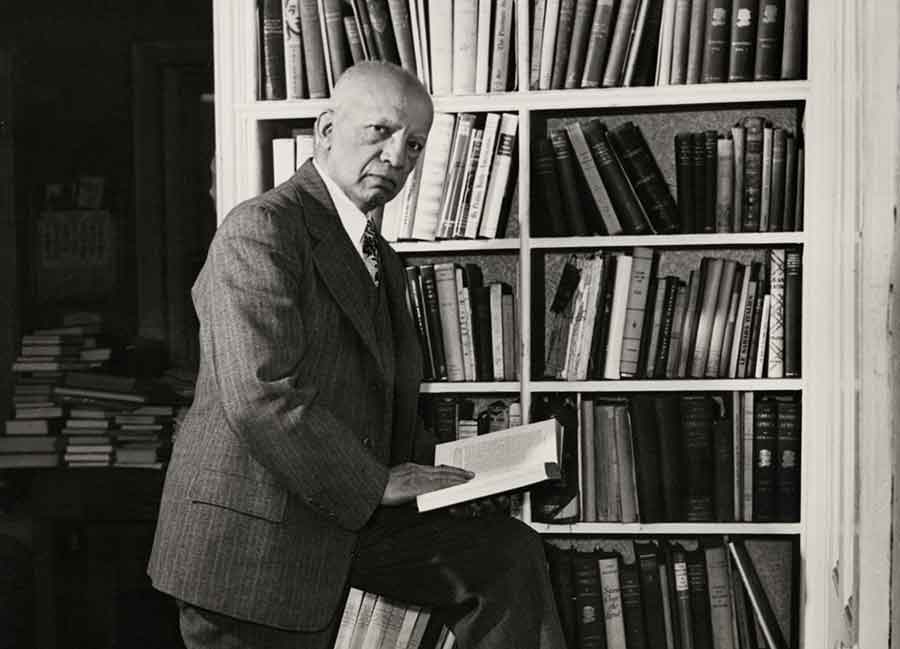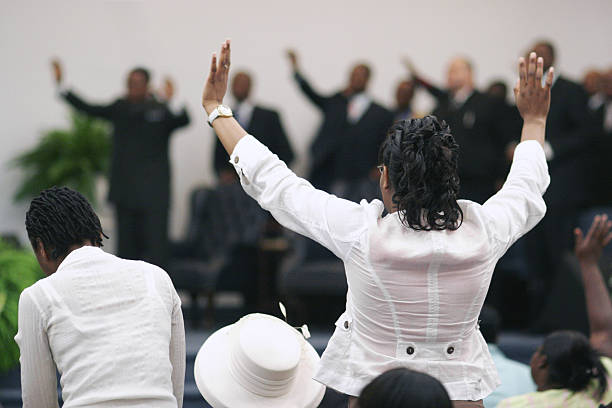(ThyBlackMan.com) Someone recently criticized my opposition to violent, genocidal strands of hip-hop music by stating that I was wrong to believe that black youth are affected more than children from other communities. The person pointed out, correctly, that more of the music is purchased by whites than by blacks, and since white kids aren’t affected, this proves that black youth are not affected as well.
Anybody who spends time around African American teenagers is well-aware that the music they hear on the radio impacts them in a multitude of ways. It affects what they wear, how they speak, how many tattoos they get on their bodies, and even the dreads they might get in their hair. In fact, there is no greater form of marketing in the black community than hip-hop music.
hip-hop music.
But perhaps this person makes a good point: Why would black youth be more readily impacted by toxic hip-hop media images than white kids? Shouldn’t they also just see it as harmless, inauthentic fantasy?
The answer is “no,” and here’s why.
Imagine that a poor black man and a wealthy white man are both watching a minstrel show in 1925. The white man might enjoy the show more than the black man and spend more money to see it. But the white man doesn’t want to be on stage and doesn’t identify with the black performers. He just sees it as part of a coonish fantasy of sorts and maybe appreciates the talent.
The poor black man, however, is going to notice at least a few things. First, he’s going to identify with the black man on stage, especially if he comes from the same community. He may be influenced by the messages he is marketing, his lifestyle or other things he can grab onto, since most of us are influenced by celebrities with whom we identify (consider this the Oprah/Obama effect). Secondly, he’s going to notice the accolades the performer is receiving for doing the minstrel show, and possibly see this kind of performance as his ticket out of poverty. This is especially true if he’s constantly being offered Minstrel show training classes or someone in his family is part of a show (this might be compared to how violent music could affect a poor child who has friends and relatives who also carry guns).
Third, the poor black man watching the minstrel show is going to realize that if he can learn to perform in the same way, the white man will pay him lots of money too and perhaps even accept him. In other words, replicating the coonish actions he’s watching on-stage might help him to fulfill what he perceives to be his destiny. After all, this might be the only image of a black man that he’s exposed to, so it could easily shape and define what he (and the rich white guy) see to be his role in society.
The point here is that two people from different backgrounds can watch the same performance and have two totally different reactions.
That’s what this video points out. I hope people get what I’m trying to say.
[youtube Un7JFpudq90]
Staff Writer; Dr. Boyce Watkins
Dr. Boyce Watkins is the founder of the Your Black World Coalition. For more information, please visit http://BoyceWatkins.com.

















Leave a Reply